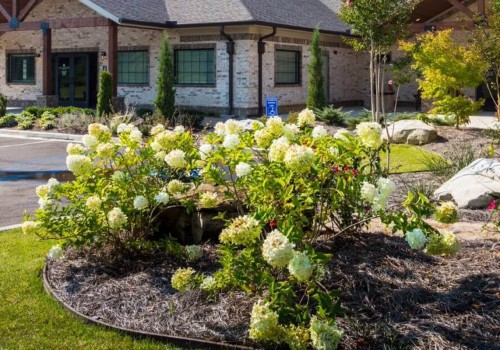Temporary homes, as the name suggests, are not designed to be permanent. They can include social reintegration centers and homes for sober people, or even include living with parents or family members. These situations are ideal for people who have just come out of rehab or who are actively attending outpatient therapy. For example, outpatient programs often allow users to go to work or school during the day; users of inpatient programs often switch to outpatient care after completing an initial period.
Living in these types of homes can help maintain sobriety and increase the chances that recovering addicts will remain in recovery in the long term. You won't be required to attend recovery meetings or have an integrated support system like you would in a home for sober people. These special living situations help residents stay sober by maintaining high expectations and providing support, while allowing them to resume normal activities, such as working or going to school. Generally, not many restrictions are placed on sober homes, other than that you must be sober to stay in them.
The accommodations available in a sober home vary depending on the house you select. Residents may be encouraged to attend meetings of the 12-step program on a regular basis and may need to meet periodically with a therapist while living in a home for sober people, but intensive SUD therapy sessions are not part of the daily operations of a home for sober people. Outpatient rehabilitation, on the other hand, refers to the services you receive when you visit a local treatment center but continue to live at home; it can be considered a part-time program and generally doesn't include overnight stays. On the one hand, inpatient rehabilitation refers to the services you receive during a stay in a hospital or other recovery center; it includes an intensive residential treatment program.
A social reintegration center, also known as a home for sober people, is a transitional housing center for those recovering from substance abuse.
Sober homes aren
't for everyone; some people may need to undergo detoxification or rehabilitation before they can successfully live in a sober environment. In addition, most sober homes try to ensure that residents can afford to live there so that people who want to stay sober can have a safe environment in which to do so. If you or a loved one is struggling with drug or alcohol addiction, a sober living home may be the right solution.When leaving the hospital or treatment center, plan to go to a place that ensures a drug-free environment, such as a social reintegration center or a home for sober living; these will be discussed in more detail below. Although many advocates recognize the need for customers to choose between transitional housing options and housing that requires a clean and sober living environment, it can be difficult to integrate recovery housing into the range of affordable housing options.






